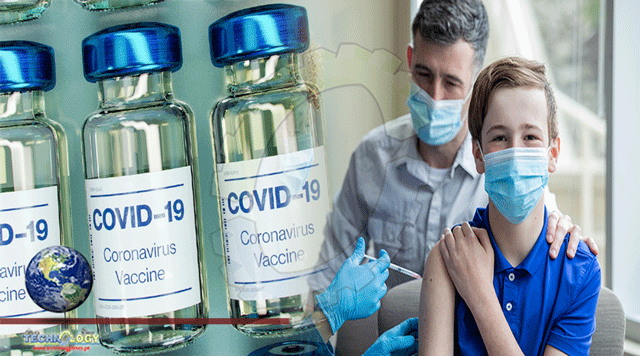The COVID-19 vaccine made by Pfizer and BioNTech appears to put young men at elevated risk of developing a heart muscle inflammation called myocarditis.

The COVID-19 vaccine made by Pfizer and BioNTech appears to put young men at elevated risk of developing a heart muscle inflammation called myocarditis, researchers in Israel say. In a report submitted today to the Israeli Ministry of Health, they conclude that between one in 3000 and one in 6000 men ages 16 to 24 who received the vaccine developed the rare condition of heart muscle inflation. But most cases were mild and resolved within a few weeks, which is typical for myocarditis. “I can’t imagine it’s going to be anything that would cause medical people to say we shouldn’t vaccinate kids,” says Douglas Diekema, a pediatrician and bioethicist at Seattle Children’s Hospital.
Israeli health officials first flagged the issue in April, when they reported more than 60 cases, mostly in young men who had received their second dose of vaccine a few days earlier. Around the same time, the U.S. Department of Defense began to track 14 such cases. In mid-May, the U.S. Centers for Disease Control and Prevention said it, too, was reviewing myocarditis cases. Officials at the European Medicines Agency said on 28 May they had received 107 reports of myocarditis following the Pfizer-BioNTech vaccine, or about one in 175,000 doses administered. But relatively few people under age 30 have been vaccinated in Europe.
The Israeli panel’s findings come as Israel and many European countries are debating whether younger adolescents should be vaccinated against COVID-19. Israel has been vaccinating teenagers 16 and older since late January, and the Ministry of Health is scheduled to announce tomorrow whether vaccinations will be opened to children 12 and older. Other countries, including the United States and Canada, began vaccinating children 12 and older in mid-May.
“From a parent’s perspective, this really comes down to risk perception, assessment of the data,” says Diekema, who has studied risk-benefit trade-offs. Even if a link between myocarditis and the vaccine holds up, the condition is usually mild, requiring treatment only with anti-inflammatory drugs, whereas COVID-19 infection can also cause serious disease and long-term side effects, even in young people. As suspicion has percolated about a possible connection, “I don’t know many physicians who are changing their minds about vaccinating their kids,” Diekema says.
In Israel, which relied almost exclusively on the Pfizer-BioNTech vaccine in its early and fast vaccination drive, the Ministry of Health in January assembled a panel led by Dror Mevorach, head of internal medicine at the Hadassah University Medical Center, to investigate the issue. Mevorach tells Science he and his colleagues identified 110 myocarditis cases among 5 million people in Israel who had received two doses of the Pfizer-BioNTech vaccine in the month before their diagnosis. That translates to about one in 50,000 vaccine recipients, a number that isn’t concerning given the background rate of myocarditis in the general population, where it is typically triggered by viral or bacterial infections, including COVID-19.
But the rate of myocarditis following vaccination among young men was higher. Ninety percent of the cases picked up in Israel appeared in men, and although myocarditis is normally more common among young men, the rate among those vaccinated was somewhere between five and 25 times the background rate, the report says. (Two cases of fatal myocarditis have also been reported in Israel, but the panel says investigations of those deaths were inconclusive; one patient may have had a more generalized inflammatory syndrome, and the other diagnosis was “not verified,” the report says.)
The new analysis “is very suggestive of a causal nature,” between the vaccine and myocarditis, Mevorach says. “I am convinced there is a relationship.”
“It does suggest that this is, at least statistically, a real phenomenon,” says Peter Liu, a cardiologist and chief scientific officer of the University of Ottawa Heart Institute. Diekema says it’s important to investigate “even a hint of a signal,” but cautions that “while this report is suggestive … it requires validation in other populations by other investigators before we can be certain the link exists.” Other factors may be in play, Diekema says. Now that children are back to socializing and playing sports, his hospital’s emergency room is “seeing more viral diseases than we’ve seen in a year,” and as a result, “I would expect to see a little bump in myocarditis versus a year ago.” Ideally, scientists should compare cohorts of vaccinated and unvaccinated youngsters at the same time, Diekema says, and he’s heartened that such studies are now gearing up.
Originally published by Science